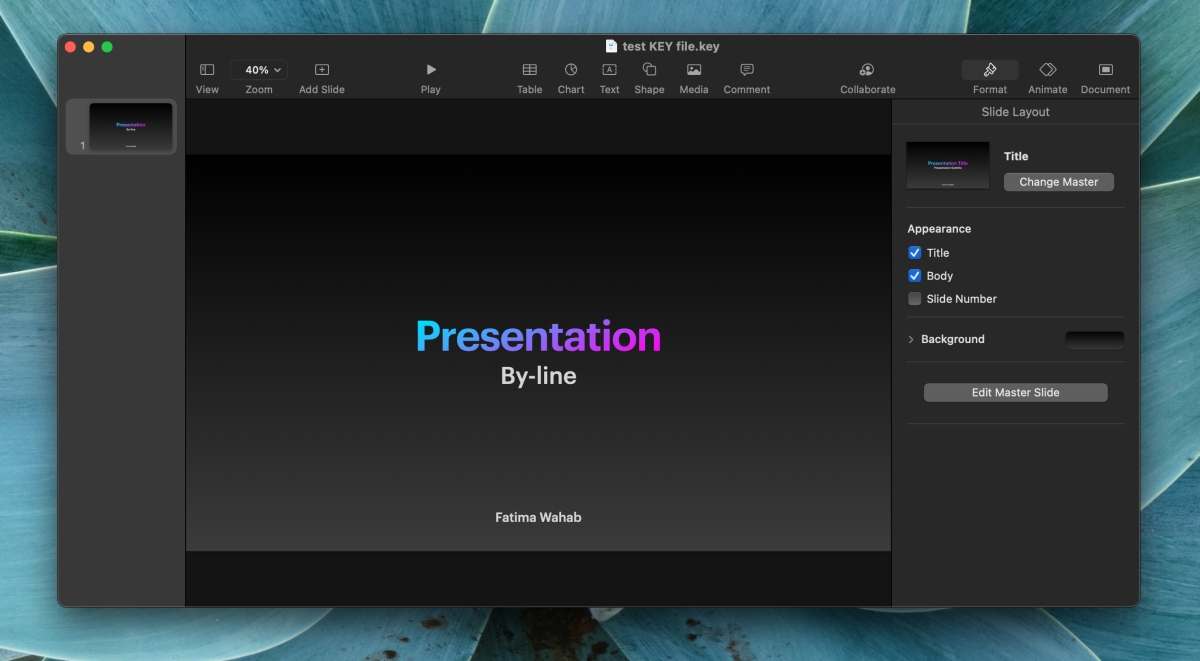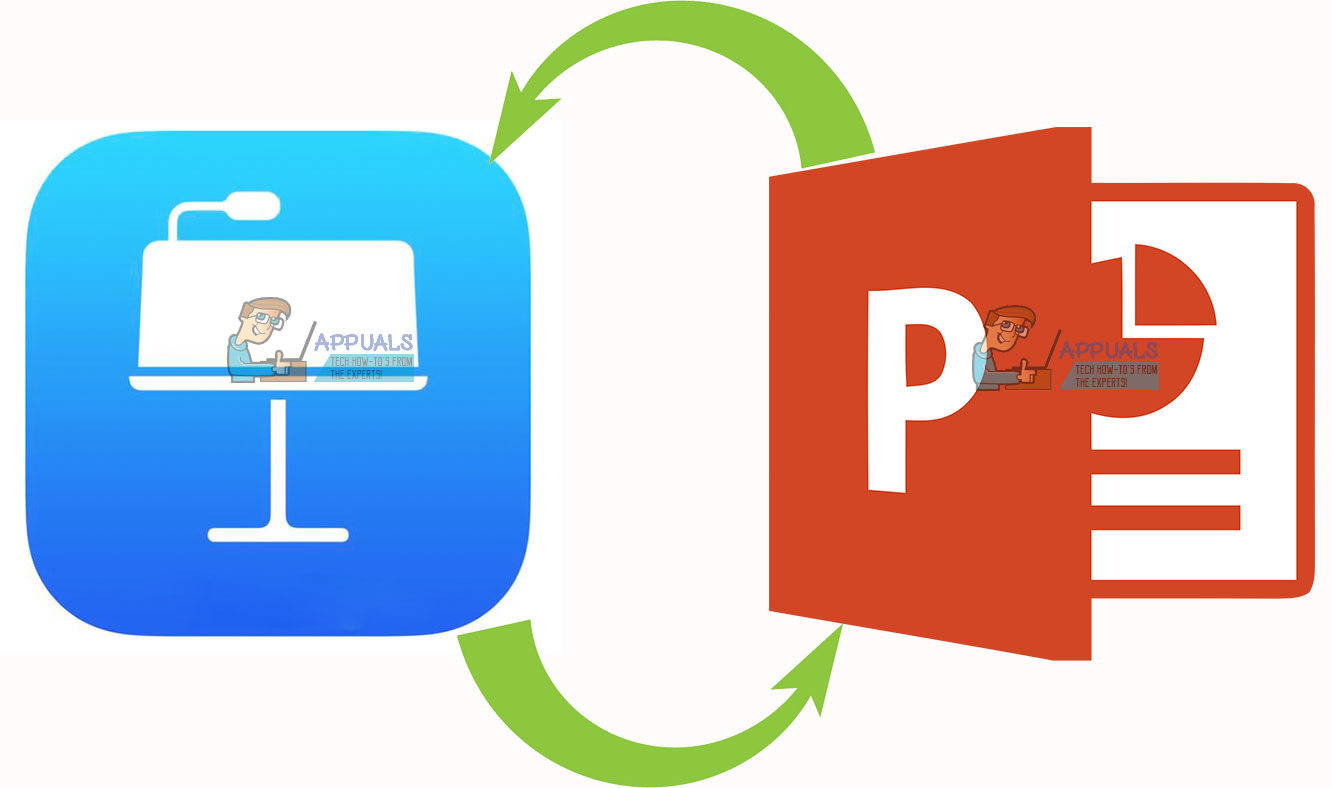


Released in iWork '08 with easier to use animation features, new templates, smart builds (for predefined animations), instant alpha (for removing backgrounds from photographs), and a new narration to add a voiceover to slideshows. Released in iWork '06 with new themes, HD-capability, improved graphing and table features, cinematic transitions and 3D graphs. Contained improved animations for slides and text, iLife media browser, new themes, more presenter controls, embedded hyperlinks and the ability to export presentations to Macromedia Flash. The major Keynote releases are summarised below: Versionįirst version - basic features - Import Powerpoint presentations, slide navigator, graphics support for rotations, resizing and opacity, charts and slide transitions. Keynote contains a large number of pre-designed themes to let users select common presentation formats, and powerful graphics tools to manipulate embedded images and provide advanced 3D transitions between slides (powered by OpenGL). The first version was made available to the public in 2003 as Keynote 1.0 and was designed to compete with Microsoft's Powerpoint presentation software which formed part of Microsoft Office.ĭesigned to let users easily create, play and share presentations, Keynote contains most of the features found in modern presentation software, such as a slide navigator, the ability to add tables, shapes and charts to slides and a powerful media browser which allows users to drag and drop music from from iTunes, and photos from iPhoto and Aperture into their slides. Keynote began life in 2002 as an internal Apple tool developed for Steve Jobs to help him present at MacWorld. key extension are created by Apple's "Keynote" application which forms part of Apple's iWork office suite, a set of applications which run on the Mac OS X and iOS operating systems, and also includes Numbers (for spreadsheets) and Pages (for word processing).


 0 kommentar(er)
0 kommentar(er)
